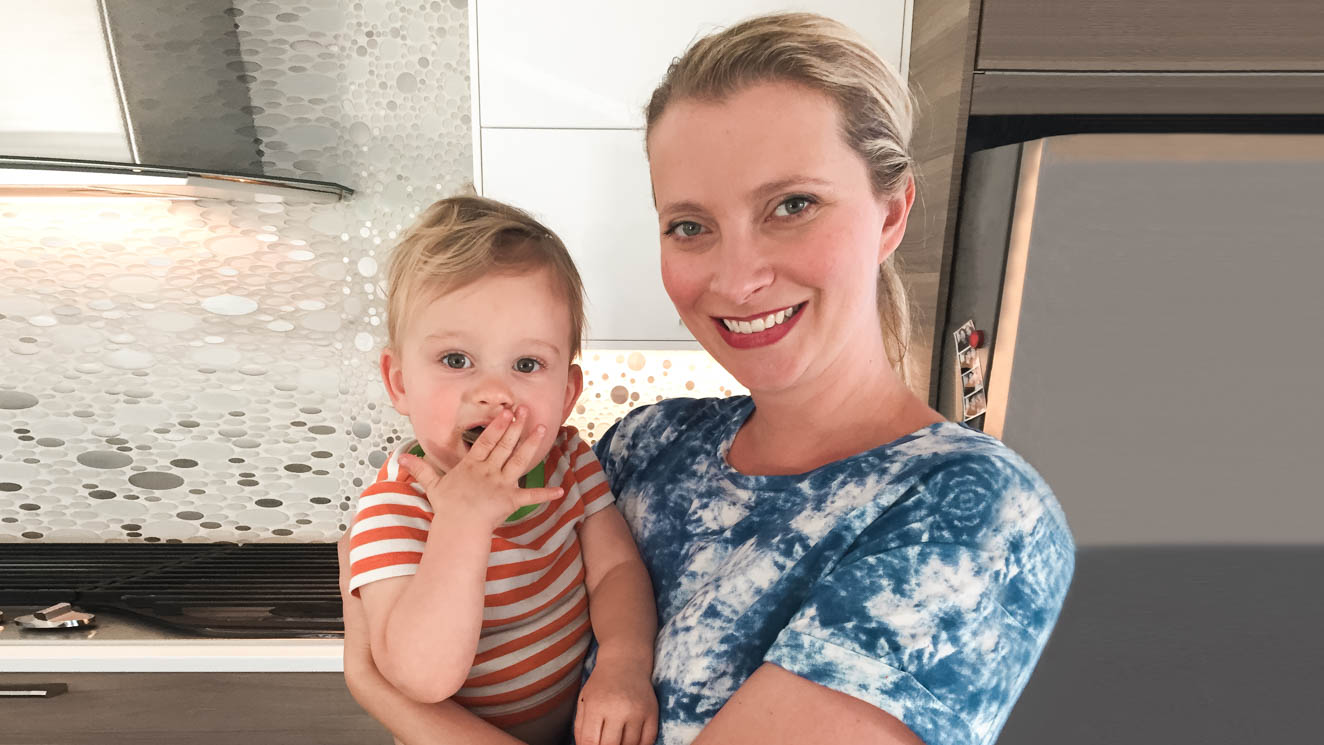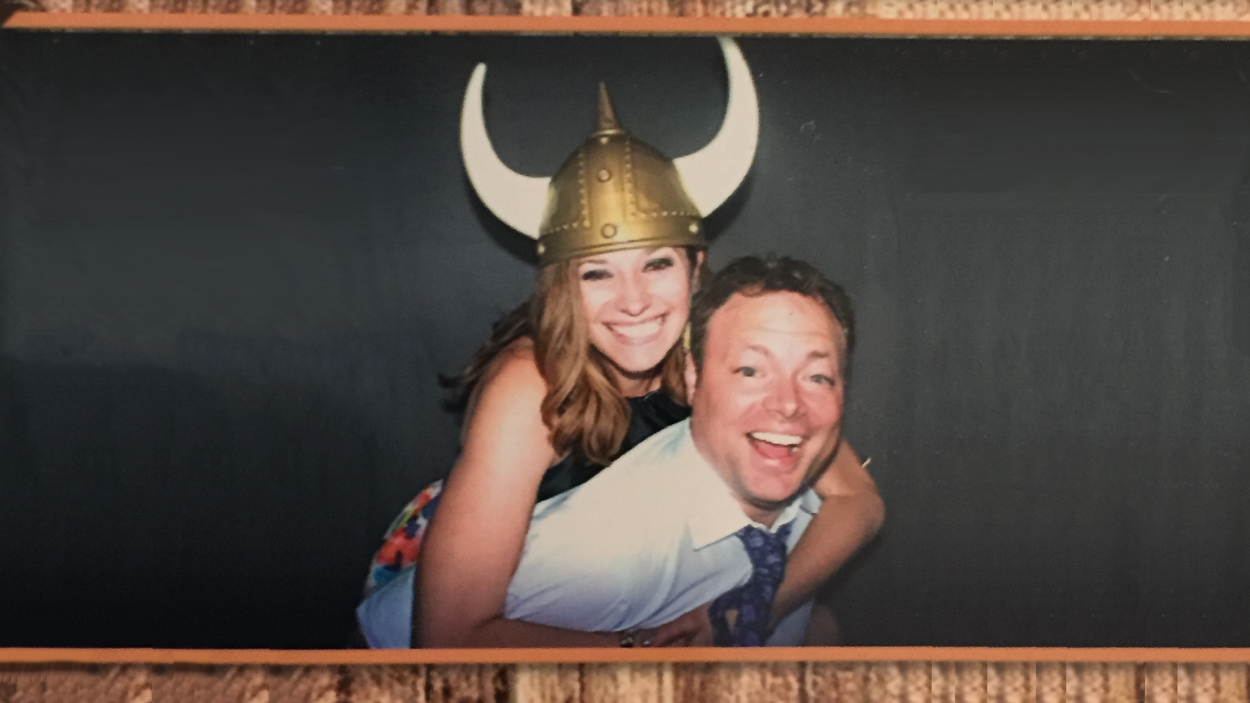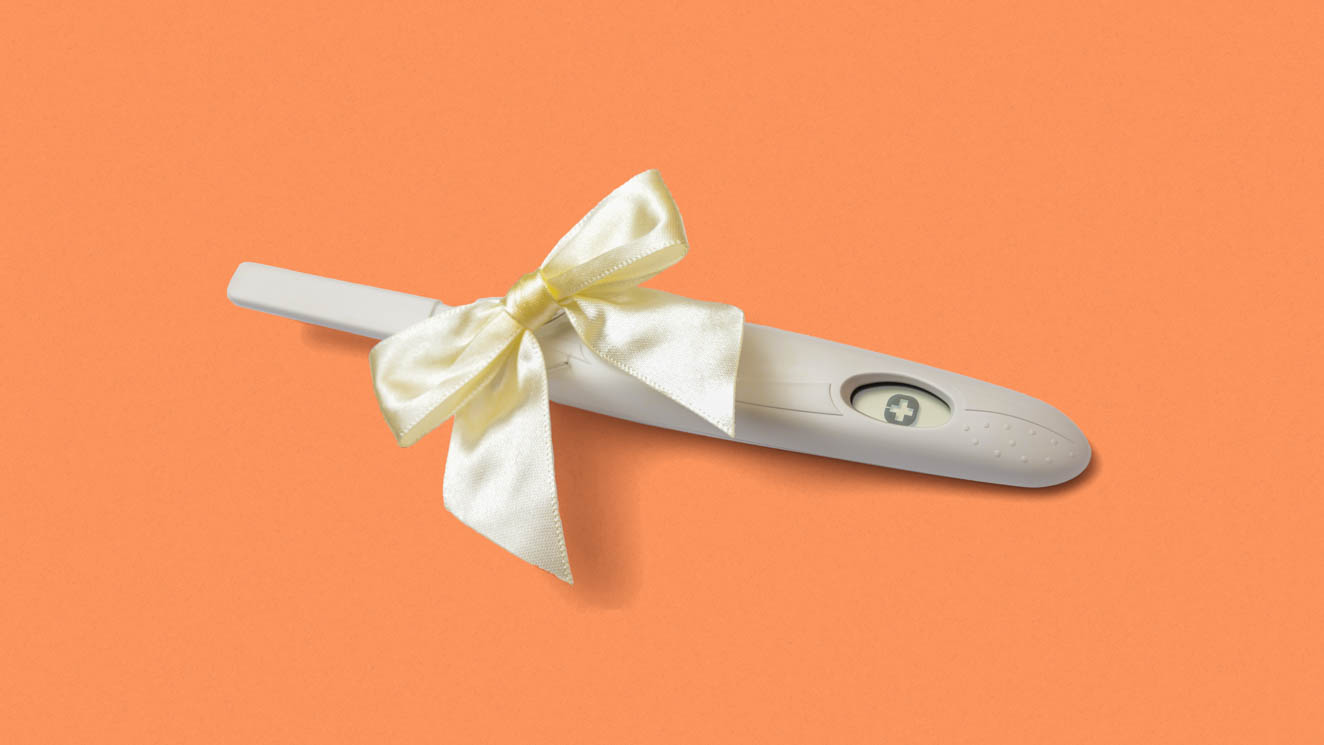

I am no stranger to death and grief. My father passed away when I was two followed by several close family members throughout my life, and my mother was a therapist and hospice worker so I thought I was pretty hip to navigating loss. But I was thrown for a loop when I experienced two pregnancy losses back to back.
People generally know what to do when someone dies (you bring the casserole, send the flowers, attend the funeral), but none of us quite knows how to respond to pregnancy loss even though it is incredibly common. There’s no cultural understanding for how to handle someone losing a baby and I discovered that this goes both ways. After our losses, my husband and I were floating out in the waters, totally clueless as to whether or not a life boat even existed. We just didn’t know what to do and we had to figure it out as we went along.
I do believe people were trying hard to be supportive in the ways they knew how. But I found myself in some truly baffling situations. Here are just a few things I got after my pregnancy losses that literally left me speechless (a true feat):
- “Well, only the strong ones survive!” Like we’d dodged a bullet.
- One woman told me she was “terrified it would happen to her,” “it” meaning miscarriage — and asked if I’d “done anything” to cause it.
- And another told me “You’ll come out of this with a better appreciation for life. This will make you stronger,” as if the whole experience was a character building exercise. Oh shove it. This isn’t some badge I’m going to look back on and think, I’m so glad I went through that because now I’m a strong superwoman.
At the time, I was too numbed-out and sad to respond to the idiotic things people said and did. I didn’t have the emotional strength to say, “That hurt my feelings” or “Pardon me, are you a human demon?” It was a triumph when I managed to put clothes on and go out to buy only one share-sized bag of Peanut M&M’s for my lunch instead of two. It wasn’t my job to explain to others how to not be bing-bongs.
Yet, it’s as if the two polar opposites of human behavior rose to the surface, because for all the tone-deaf things people said and did, there was an equal amount of tenderness from others that showed me so clearly what compassion truly looks like. The kindness I experienced was exactly what I needed during a time when I didn’t even know what my needs were, and I will never forget it.
- A friend baked a loaf of Irish soda bread and left it on our doorstep, still warm, wrapped in a towel accompanied by a bouquet of flowers. He didn’t knock, just left it there for us to discover.
- One friend sent us a card with a $50 bill taped to the inside so my husband and I could treat ourselves to dinner, another sent us a Seamless gift card so we could order as much takeout as we wanted, and another sent us a card that said “F*ck it all.”
- My mom and sister sent a care package with soft new pajamas, a candle that smelled really good, body scrub and more.
- I was supposed to be on a plane to LA for work two days after my miscarriage and I had to change my ticket. When I called Virgin America, the rep asked the reason for the last-minute change. It was the first time I’d said out loud to a stranger “I had a miscarriage.” I blurted it out and immediately burst into tears. The woman, Donna, told me she’d been there more than once, waived all the change fees, upgraded my seat, and, with all that, made a trip that I was dreading easier to bear.
- One friend sent texts every few days saying “I’m thinking of you. I love you.” Even though I didn’t respond, the love notes kept coming.
- Another sent me videos of dogs farting. This person knows me well.
I’ve thought a lot about why some people respond to these kinds of situations with total cluelessness and others respond with the right dose of love and care. I get that everyone’s doing their best and they want to help, but I’ve realized that people who actually succeed at being comforting usually have one thing in common: they come from a place of honesty instead of fear.
We humans have a deep need to fill space, to solve problems, to keep things tidy and understandable. But in times of grief there isn’t a problem to be solved; it’s just sad and hard and that can be utterly uncomfortable. So, we get scared — scared to say or do the wrong thing, scared to confront our own fears, scared tap into the mucky mess. And when we’re scared we can’t just sit with it, just listen, just be. When we operate from a place of honesty, though, we usually succeed in being compassionate and making a true connection.
For me, the upside (if you can even call it that) of going through that period of heartbreak is that it has made me more honest, both in asking for what I need and also in terms of how I offer support to others. So, the next time someone close to you (or even distant from you) experiences pregnancy loss — or any kind of loss, really — take a minute to let the noise and alarm bells in your mind wear themselves out. And then, once things inside your brain have quieted down (yes I’m going to say it), listen to your heart. If you’re going with your heart, you’re going good. And if you’re really confused or worried about doing the wrong thing just send a card that says, “I’m so sorry. I love you.” And a box of chocolate covered potato chips couldn’t hurt.







